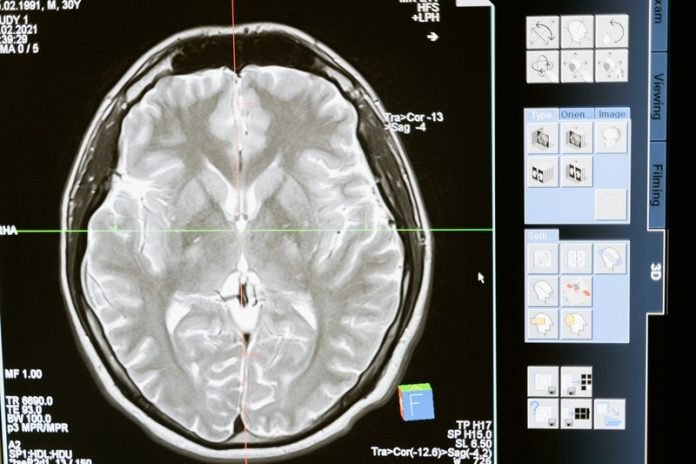
There’s not much good that can be said about asthma, a breathing disease in which the airways become narrowed and inflamed.
But In a new study from Washington University in St. Louis, researchers found people with asthma seem to be less likely to develop brain tumors than others.
It comes down to the behavior of T cells, a type of immune cell. When a person—or a mouse—develops asthma, their T cells become activated.
The researchers discovered that asthma causes the T cells to behave in a way that induces lung inflammation but prevents the growth of brain tumors. What’s bad news for the airways may be good news for the brain.
The findings suggest that reprogramming T cells in brain tumor patients to act more like T cells in asthma patients could be a new approach to treating brain cancer.
The idea that people with inflammatory diseases, such as asthma or eczema, are less prone to developing brain tumors was first proposed more than 15 years ago.
But there was no obvious reason why the two very different kinds of diseases would be linked, and some scientists questioned whether the association was real.
In the study, the team tested mice with brain tumors.
They exposed groups of mice to irritants that induce asthma at age 4 weeks to 6 weeks, and treated a control group with saltwater for comparison.
Then they checked brain tumors at 3 months and 6 months of age. The mice with asthma did not form these brain tumors.
Further experiments revealed that inducing asthma in tumor-prone mice changes the behavior of their T cells.
After the mice developed asthma, their T cells began secreting a protein called decorin.
In the airways, decorin is a problem. It acts on the tissues that line the airways and exacerbates asthma symptoms.
But in the brain, decorin is beneficial. There, the protein acts on immune cells known as microglia and blocks their activation. Activated microglia promote the growth and development of brain tumors.
The team found treatment with either decorin protected mice from developing brain tumors. The findings suggest that blocking microglial activation may be a potentially useful approach for brain tumors.
They say these findings open the door to new kinds of therapies targeting T cells and their interactions with cells in the brain.
If you care about cancer, please read studies about men taking these drugs may face a dangerous delay in prostate cancer diagnosis and findings of this common food chemical may increase your cancer risk.
For more information about cancer and your health, please see recent studies about this common painkiller may help fight cancer and results showing that this common bowel disease linked to prostate cancer.
The study is published in Nature Communications. One author of the study is David H. Gutmann, MD, Ph.D.
Copyright © 2021 Knowridge Science Report. All rights reserved.



